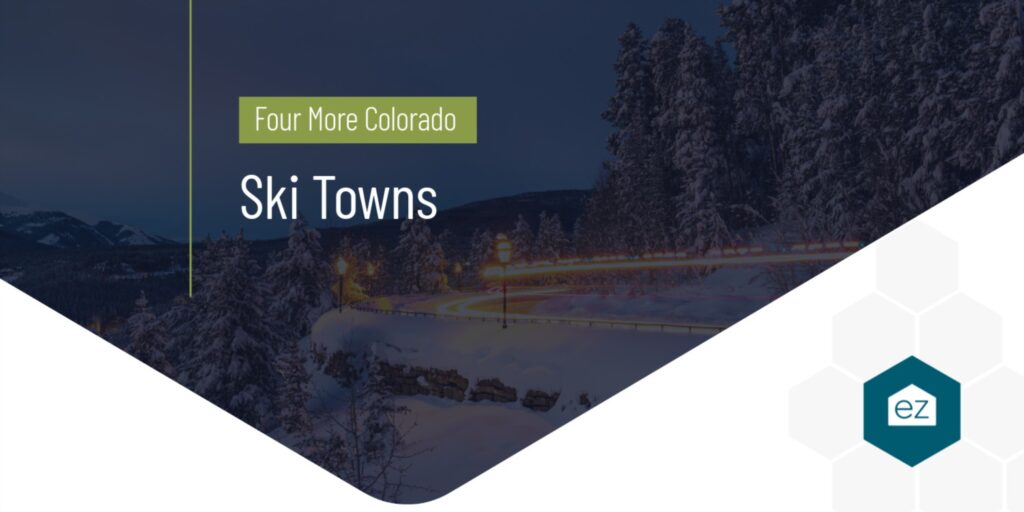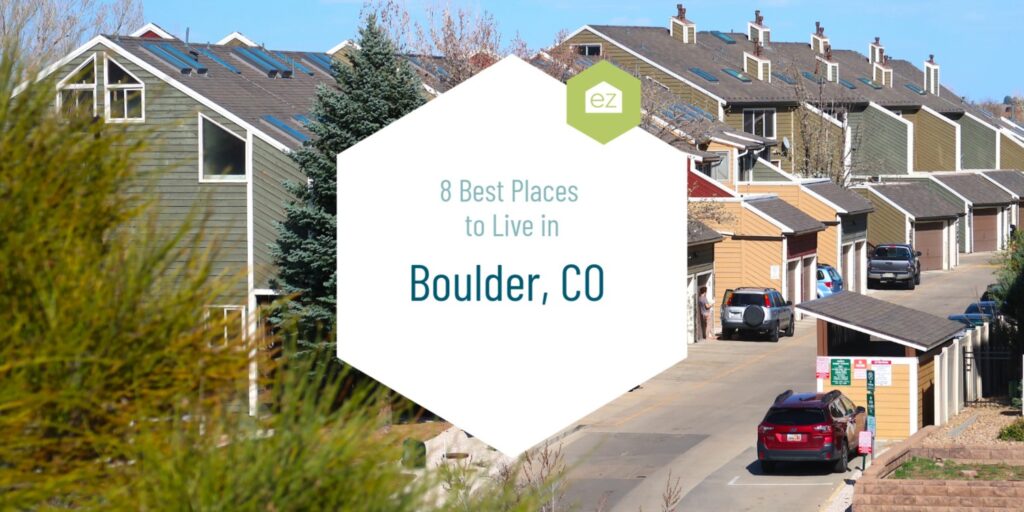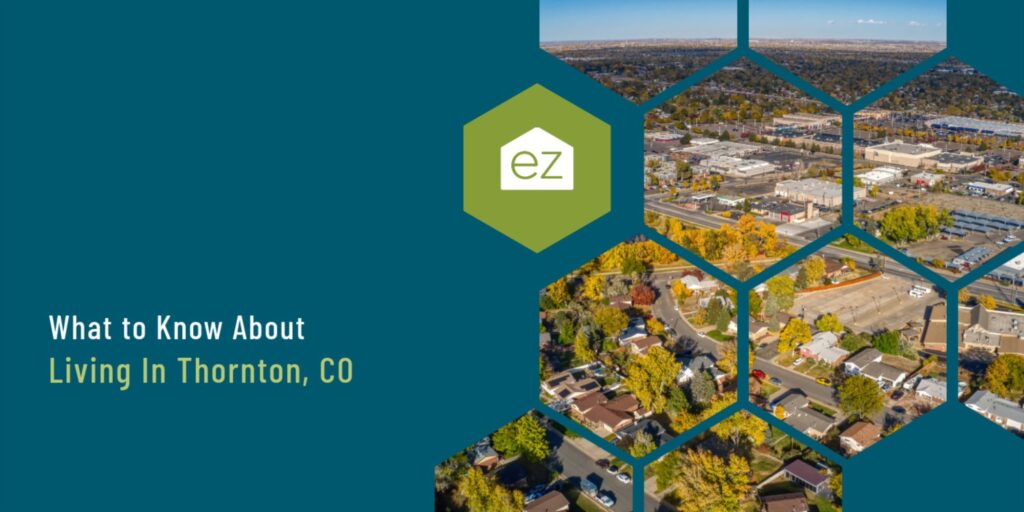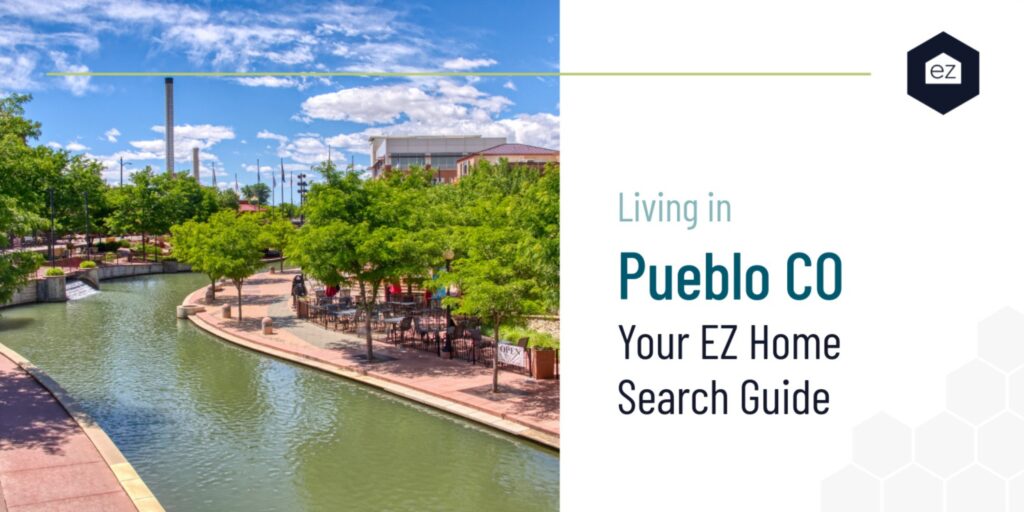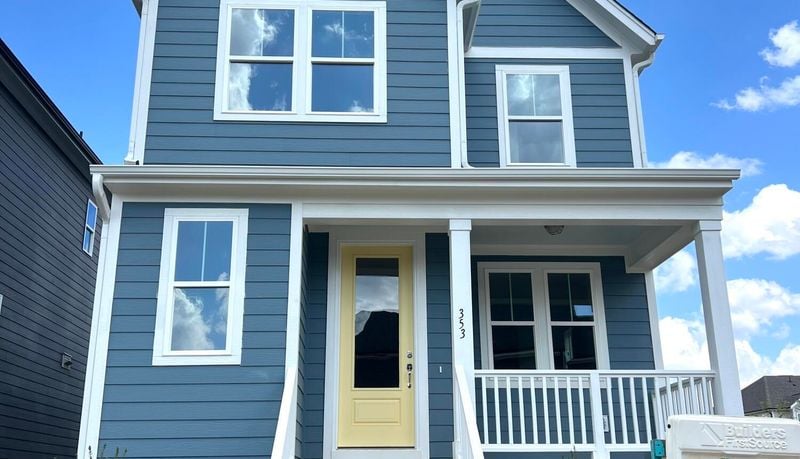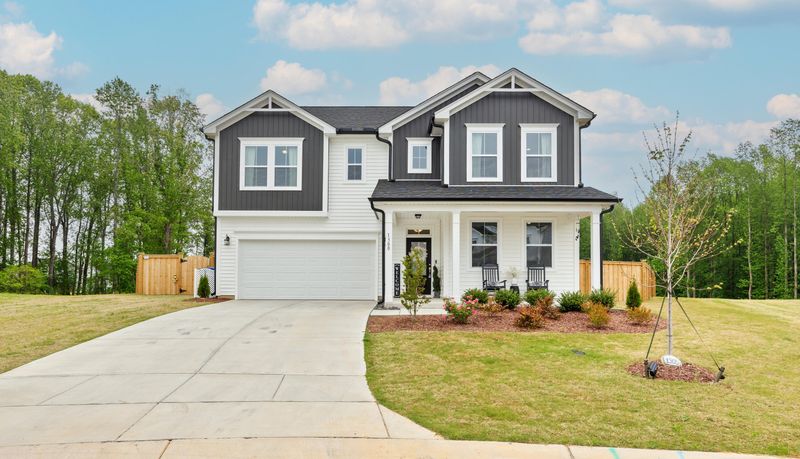Get to Know Fort Collins, CO – Your EZ Home Search Moving Guide
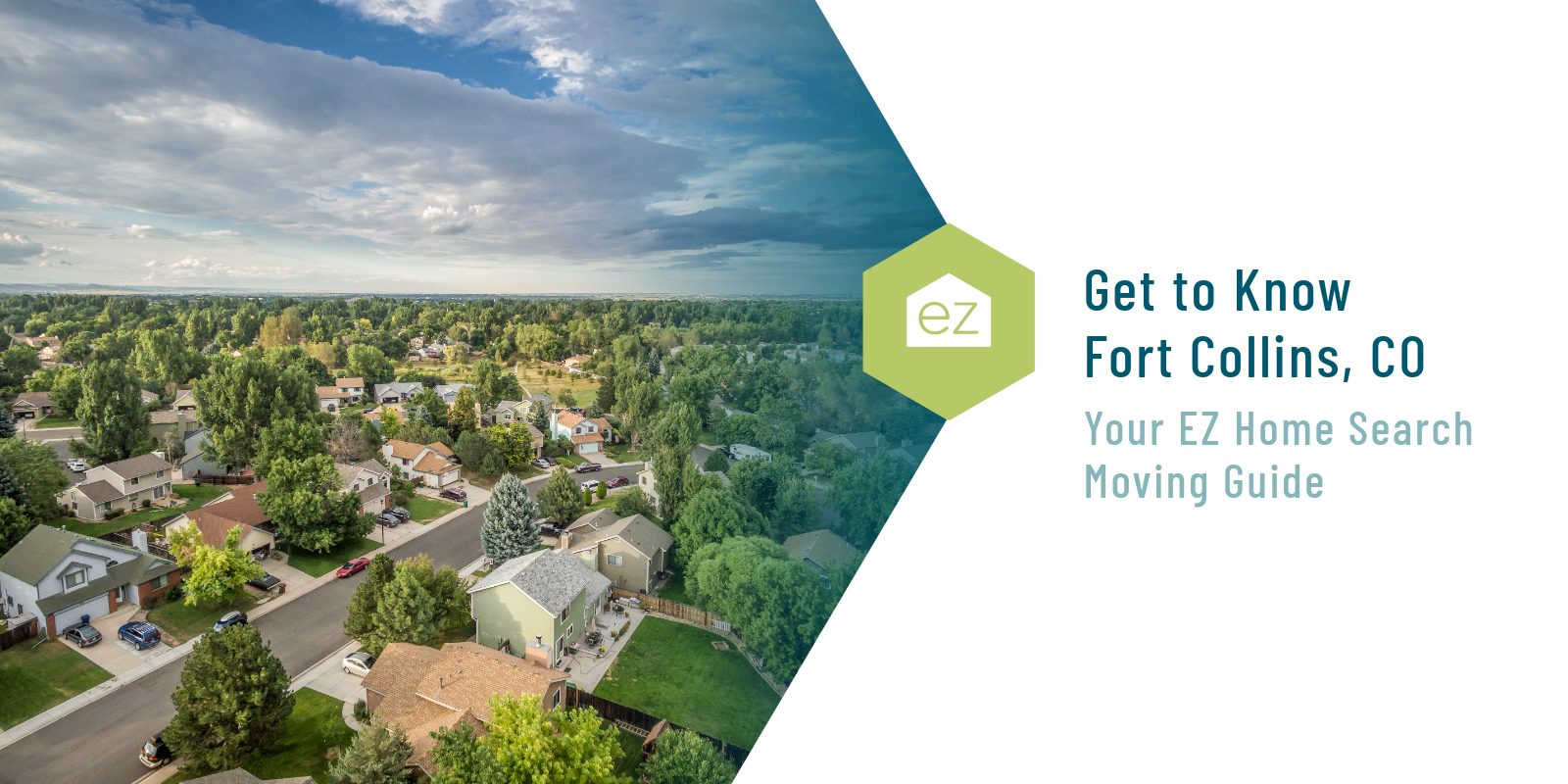
Get to Know Fort Collins, CO – Your EZ Home Search Moving Guide
Are you considering a move to Fort Collins, Colorado? If so, don your cowboy hat and saddle up to explore this unique city. People like Fort Collins for its combination of quaint charm and modern convenience. Today’s former frontier town is a melting pot of culture with a diverse cuisine scene, various outdoor downtown activities like live music performances, and a biking trail network. Homebuyers looking for a mix of healthy living with city perks will find Fort Collins an urban paradise.
Whether you’re settling down as a young professional, starting a family with school-aged kids, or looking to spend your golden years in a fun setting, living in Fort Collins’ plate will fulfill all stages of life. Learn more about your new Fort Collins home with our moving guide.
About Fort Collins
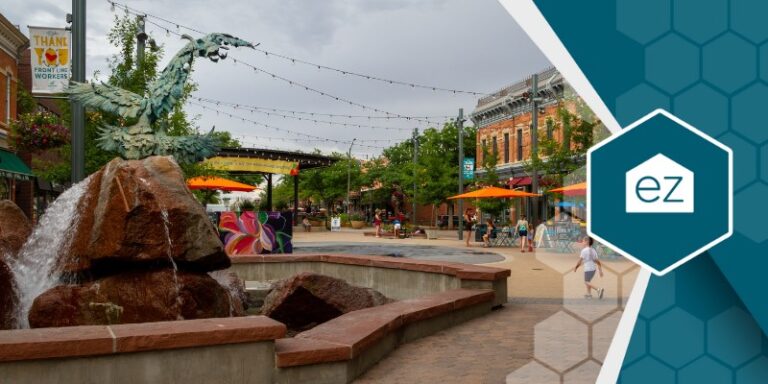
How a city develops influences its culture, things to do, and lifestyle. As the name suggests, Fort Collins started as a military fort on the western frontier. Camp Collins protected the travelers heading through Colorado, but after the end of the Civil War, it was decommissioned. By then, people had found the region had fertile agricultural land, so people continued to settle around the former fort.
Fort Collins kept growing as an agricultural hub and became a town in 1873. The railroad helped businesses flourish, as did the establishment of the Colorado Agricultural College, now Colorado State University. The intellectual influx helped to grow and stabilize Fort Collins’ economy through the decades.
In recent years, Fort Collins has embraced sustainable practices and environmental initiatives. The city’s steps and regulations promote renewable energy, water conservation, and alternative transportation. This commitment to sustainability has garnered national recognition and awards.
Where is Fort Collins?
Hopefully, you can handle living at altitude because Fort Collins is just shy of a mile above sea level. This elevated city lies in the Rocky Mountain foothills, with the Cache La Poudre River running through town.
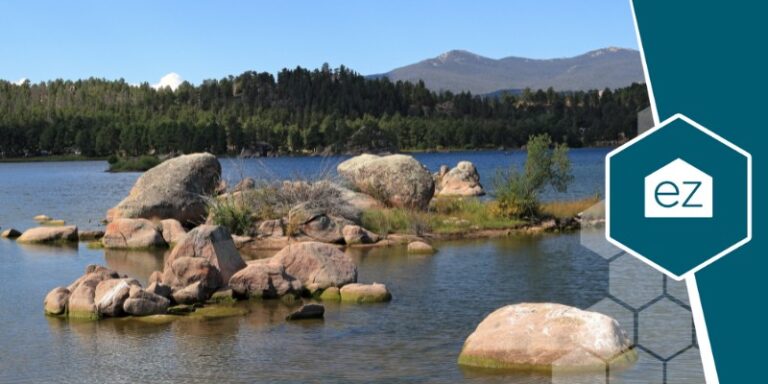
The city is in northern Colorado but about halfway on the east-west axis. That gives residents prime access to the mountains and the prairie lands.
Boulder sits to the south about 46 miles, while Denver and its metro are 64 miles, which is about one hour and fifteen minutes drive, depending on traffic. Cheyenne, Wyoming, is 46 miles to the north.
Dry, but all-season weather
You’ll need flip-flops and snow jackets to live in Fort Collins because this is a four-season town. You want to dress in layers, as the temperatures can change quite a bit during the day. July is definitely the warmest month, with an average high of 86F°, while January is the coldest with an average high of 42F.
You can also probably pack away the umbrella, as this is a dry part of the state. Fort Collins averages about 15 inches of precipitation for the entire year. On the flip side, that means more days enjoying that Colorado sunshine.
The cost of living is in line with Colorado
Colorado, as a whole, is one of the more expensive states to live in the US, running around 20% more than typical. The good news about choosing Fort Collins is your costs only run about 16% above average, based on Sperling’s Best Places Index.
Interestingly, most of your spending categories will save you money in Fort Collins, with two big exceptions. Housing costs align with Colorado’s average, making buying a home here 67% more expensive in the US. And your miscellaneous costs–museum tickets, childcare, fitness memberships, etc.–are about 53% more expensive here. But groceries, health care, utilities, and transportation are all more budget-friendly.
Fort Collins is growing
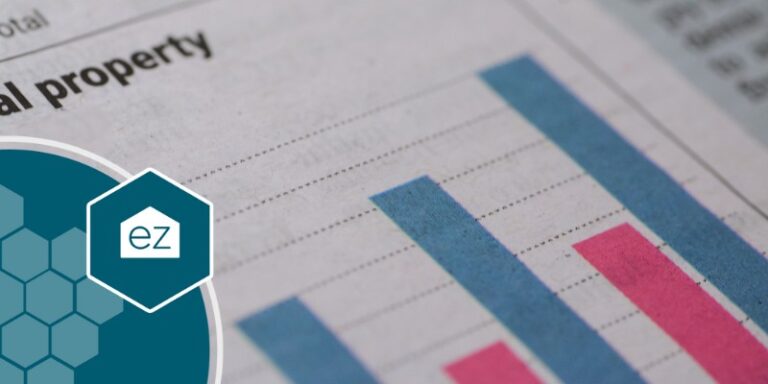
You might wonder if more people like you are also moving into Fort Collins. After all, the more people that live in a place, the more the cost of living can increase. Fort Collins had around 175,000 residents in 2020.
And people are genuinely interested in calling Northern Colorado home. Fort Collins projects that by 2040, it will have around 236,000 residents. The city’s population growth rate is slowing, but it’s still adding around 2,000-3,000 people yearly.
So this is not a sleepy small town but a bustling mid-sized city with all the amenities that come with it.
And it’s a relatively young city, with a median age of 29.1 years old, but the city expects its 65-84-year-old cohort to be one of its fastest-growing demographics in the coming decade, mirroring a nationwide trend.
Agriculture gives way to tech
Stabilized by the Colorado State University and the Poudre School District, Fort Collins’ job market is dominated by education jobs. However, thanks to the university’s research expertise, Fort Collins has seen a rise in the technology and innovation sectors. Fort Collins is proud to have one of the highest number of patents per capita, a testament to its intellectual economy. Several tech companies and startups contribute to a dynamic and diverse economy. Tech brands include names like Intel, Hewlett-Packard, and Advanced Energy Industries.
Fort Collins also has a robust manufacturing base, with producers like Otter Products, Aleph Objects, and WaterPik.
Other large employers are in the brewing sector, another fact that contributes to Fort Collins’ reputation as a beer capital. The Anheuser-Busch runs a large operation from the city, but locals also enjoy a hefty selection of craft breweries.
Buying a home is competitive
Whether you’re dreaming of that “big white picket fence” or a modern urban spin on living, Fort Collins will surely have something that appeals.
The city is fascinating because “downtown” isn’t central in Fort Collins. The older parts of town, with more historic real estate and a dense urban feel, are in north Fort Collins. This is where Old Town grew around the Cache La Poudre River. But as the city expanded, it grew southward, where you’ll find many suburban-styled neighborhoods built around parks and green spaces. Growth north has been blocked by natural areas, ranch lands, and the Fort Collins suburbs.
Real estate markets are constantly changing, so speak with a local agent for the latest on Fort Collins. But, to give you a snapshot in time, the city had 769 homes for sale in June 2023 at a median list price of $635,000. The prices ranged from $33,000-$12.6 million. Prices were up 5% year-over-year and have generally risen since January 2022.
Want to learn more about Fort Collins’ neighborhoods? Here are ten top communities to check out.
Excellent higher education
For public education in grades K to 12, the Poudre School District provides classes for around 30,000 students. The sheer size makes it one of Colorado’s larger school districts, so there is diversity in the quality and education programs available across the district. The on-time graduation rate was around 83%.
Fort Collins is proud to be home to Colorado State University, a centuries-old Tier 1 research institute. CSU is a leader in environmental science, agriculture, veterinary medicine, and engineering studies and ranks in the nation’s top 75 public universities and 1% worldwide based on the Center for World University Rankings. Around 33,000 students enroll in its 187-degree programs.
The Front Range Community College operates a Larimer campus for two-year and technical education to bring affordable and vital job skills training to area residents. It partners with CSU to offer Veterinary Technology, Wildlife Management, Forestry, and Electrical Engineering programs. You can also upskill in childcare, nursing, IT, and other in-demand fields.
Where North Colorado goes for healthcare
Have specialized health care needs that require an expert? Or, perhaps having access to health care professionals when needed matters to you. The UC Health Poudre Valley Hospital System is the largest healthcare network in this part of Colorado. The flagship is the 300-bed Poudre Valley Hospital, which has in- and outpatient facilities in over a dozen specialties.
Ride or drive to get around
Your choices for navigating Fort Collins are vast.
If you want to use pedestrian-friendly ways of travel–a popular option in health-conscious Colorado–you’ll have over 200 miles of on-street bike lanes and even more off-street pedestrian-only pathways.
Perhaps you want to go further afield. The public transportation system, called TransFort, includes Flex fares and the MAX Bus Rapid Transit system.
But having your own car does make driving around easier. Interstate 25 runs north-south along the east side of town and connects Fort Collins to Boulder, Denver, and Cheyenne. But the main north-south route through town is Highway 287, or College Avenue. On a big-picture view, Fort Collins has a grid-like pattern, which can make navigating a little easier. The main east-west routes are County Rd 38, Horsetooth Rd, Drake Rd, Prospect Rd, and Mulberry St.
The main branch of the CSU Campus is between College Avenue, Prospect Rd, Shields St, and Laurel St. And Downtown Fort Collins developed around the intersection of College Avenue and Riverside Drive.
The Perks
You’ve probably heard Colorado is a pretty fit state. Fort Collins leans into that idea with over 37,000 acres preserved as natural spaces, 966 acres of parks, 45 miles of off-street hiking and biking trails, and numerous community centers. City Park is one popular public park near downtown; it surrounds Sheldon Lake and has rentable paddle boats. Kids love Twin Silo Park, which has 54 acres and has a towering playground between the namesake silos.
The city’s additional public recreation facilities include three golf courses, four swimming pools, and an ice rink.
Enjoy an excellent live show? Try the Lincoln Center, where Fort Collins residents buy tickets to professional traveling acts in music, dance, and theater. The center also runs children’s programs.
For even more culture and arts, Fort Collins has six institutions, from the Global Village Museum to the Avenir Museum of Design and Merchandising. And if you hear the strains of Bach or Chopin wafting through the air, don’t be surprised. Fort Collins has over 100 painted pianos scattered around town, free for anyone to stroll up and play. They rotate around locations throughout the year.
And if you’re into a good brew, you’re moving to the right place. Fort Collins is the “Craft Beer Capital of Colorado.” New Belgium and Odell are two of the most nationally known, but over 21 breweries await your taste testing.
Bucket List
The event calendar is packed all year in a city the size of Fort Collins. So what to do? A few attractions are key to the city’s identity. Visiting these will help you get to know your new home town.
One is the Gardens on Spring Creek, a 12-acre botanic garden featuring a massive tropical Butterfly House with over 400 butterflies and beautifully maintained landscapes. The facilities host dozens of events and education programming each year, so take your pick when you visit. If you like gardens, another place to check out is the CSU Annual Flower Trial Garden. The fields are a sight to behold in the blooming season, and it’s free to visit.
Living in Fort Collins, you can’t miss Old Town Square, the community’s epicenter for entertainment. The preserved historic buildings add to the character of the shops and dining businesses. In fact, when it comes to eating, residents have 84 choices in Old Town alone!
But it’s not just the cooking and the retailers that draw people to Old Town. Nor is it all the museums and the Poudre River Trail, although those are perks. This is where Fort Collins puts on weekly summer concerts, hosts its craft beer festivals, and throws street fairs. Definitely visit at least once for holiday lights and the Fourth of July parade.
Another thing to do once you’re settled is take a trip to Horsetooth Reservoir, an outdoor park renowned for its beauty. View the sparkling blue waters from the mountain bike, horseback, or hiking trails that wind around its hilly shores. Or get right on the water by renting a paddleboard, kayak, or motorboat. The surrounding park also has camping and bouldering areas.
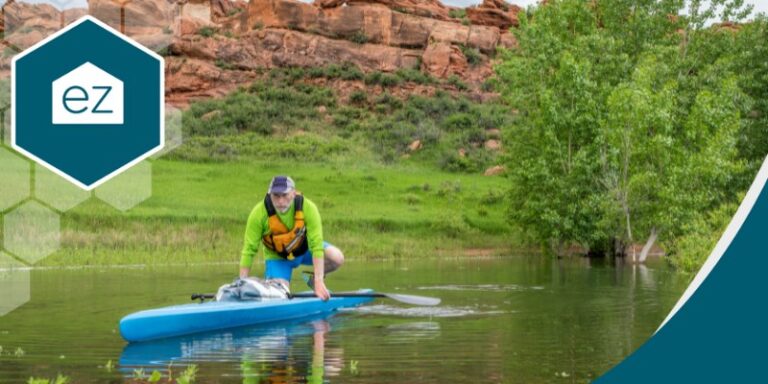
Another attraction to visit is Jessup Farm Artisan Village, an award-winning active farm complex. Shop the locally made products in a charming rebuilt old farmhouse and chicken coops.
Setting up your Fort Collins home
Good news on your utilities: Fort Collins oversees all four key hook-ups: electric, water, wastewater, and stormwater, making it a little easier to move in.
It’s proud that its carefully managed utilities consistently exceed state and federal water quality standards. In a region known for water issues, Fort Collins has won awards for its conservation efforts.
On top of that, this is one of the nation’s few cities that also provides high-speed internet, phone, and live TV. The gigabit speeds available through Fort Collins Connexion are available for residents and businesses.
Moving to Fort Collins
So are you ready to call Fort Collins home? As you can see, there are a lot of perks to living in northern Colorado. You’re sure to have a well-rounded life between all the craft breweries, nearby parks and green spaces, and robust pedestrian-friendly infrastructure. Let a local real estate agent be your Fort Collins neighborhood guide.
Start Your Home Search
Preston Guyton
Share this Post
Related Articles
Living in Colorado
Four More Colorado Ski Towns
Living in Colorado
8 Best Places to Live in Boulder, CO
Living in Colorado
What to Know About Living In Thornton, CO
Living in Colorado
